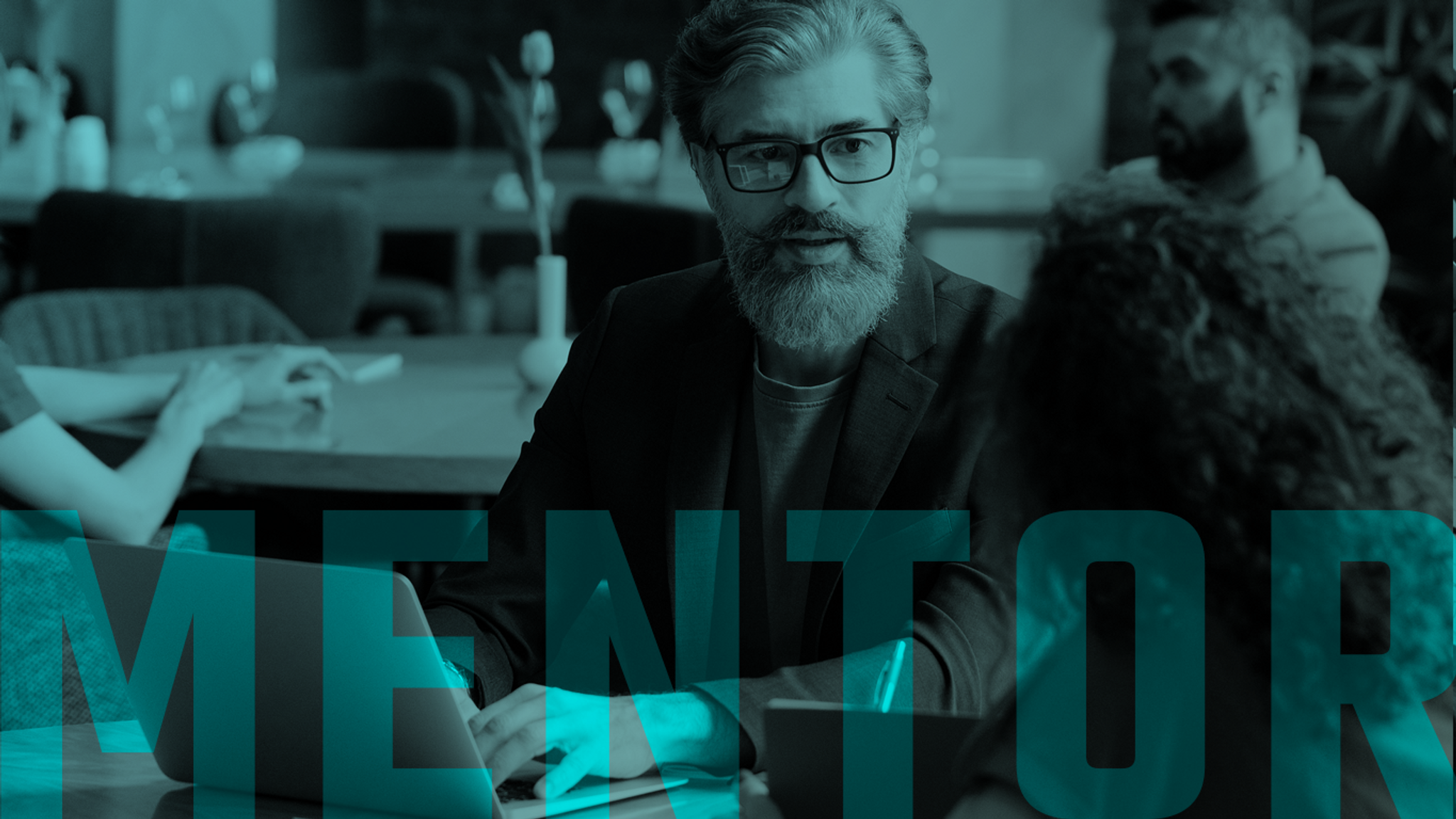Catching the Startup-Bug: Why I mentor startups
Anna Barlow
Published on

A little while ago someone asked me what I do. Until recently, I would have said: “leading research, development and innovation teams inside a big food & beverage company”. In that sort of role, there were highlights, like building and launching new products (especially when I worked in chocolate, coffee and alcohol); lowlights of dealing with quality control incidents (less said here the better); the satisfaction of leading and coaching teams and being an active contributor to executive meetings where the most important decisions were made.
But it wasn’t all sunshine and rainbows. Inside large corporate businesses there are multiple decision making forums designed to make sure that risks are managed effectively. The routine, structure and way of operating is necessary, as without it, the wheels can fall off, but this rigidity can slow down progress. The bigger the organisation, the more layers and the harder it can feel to get things done. For employees tasked with bringing about change through innovation, this can be a challenging environment in which to operate.
For innovation leaders and practitioners in large organisations, continually operating within the confines of the corporate routine makes it very hard to step outside it, even if your role demands it. Innovation leaders need to challenge the status quo, find better ways of doing things and identify new sources of growth to move the organisation forward. It’s often difficult to do this when almost everyone’s KPI’s are linked to the monthly and annual routine. So how do you keep yourself fresh to continue challenging the status quo, to drive change from the inside?
For me, part of the answer to this question came from finding the startup ecosystem.
My first experience of “startups” came when the business I worked for joined a corporate accelerator program through Startupbootcamp’s sister brand Innoleaps in Amsterdam. Housed in a huge co-working space, with rooms filled with recycled and up-cycled furniture, I couldn’t decide if I was more surprised by the people moving around the floor on motorised skateboards, or that I couldn’t see anyone over the age of 40.
Around the coffee machines I overheard conversations between startup founders. They were discussing results from their recent MVP tests, obtained through some “growth hacking” and how this translated to “innovation metrics”. It all seemed a lot more disciplined than the skateboards, hoodies and jeans had led me to believe. Briefly I started to get a sense there was a lot I could learn (e.g. what on earth was “growth hacking?”) and our business could certainly do with different ways to measure and report innovation success.
My experience with this accelerator infected me with the startup bug, as a place to recharge my batteries and surround myself with “how can we...?” people.
Shortly after my introduction to the startup world in Amsterdam, I relocated to Australia and continued to explore the space. This led me to attend Startupbootcamp’s Fintech Demo Day. The startups were all introduced by corporate partner mentors, all of whom enthusiastically described their personal perspective and enjoyment that they had gained through mentoring “their startup”. I could clearly see that mentoring was of benefit to both the startups and the corporate partner mentor.
After the event I spoke with some of these mentors: what became clear was that innovation leaders within the Financial Services sector experienced the same organisational rigidity challenges as I did, and that mentoring startups on an accelerator program provided my counterparts with a way to recharge their energy and keep their thinking and mindset fresh.
Fast forward to 2021 and I have now had the opportunity to be a mentor for Startupbootcamp’s EnergyTech, FinTech and Sports & EventTech accelerator programs. As a mentor, whilst working within a large corporate structure, I have helped startups to fine-tune and test their ideas through proof-of-concept experiments, opened doors to potential customers and refined pitch decks to potential investors. I provide a sounding board to brainstorm ways to approach potential partners, the occasional pep talk and ask uncomfortable questions when I think too many assumptions are being made.
Through mentoring, I learnt how to spot assumptions back at our corporate office, challenged our teams to talk in facts and consumer evidence, and became more demanding in finding ways to remove obstacles to build Minimal Viable Products (MVPs) to test and learn. Importantly, stepping outside my corporate bubble also reinforced how much can be achieved through true collaboration. The startups I have had the privilege of mentoring demonstrate a level of dogged determination and energy to learn and grow their businesses in a way that I truly admire and believe corporates can learn from.
So back to the question at the start, what do I do? Nowadays the answer is very different. I have replaced the routine of the corporate monthly cycle, for the dynamic and active environment of working daily with startups. Our routines exist, but we are focused on experimenting often, failing fast and iterating quickly to help startups develop winning products. Regardless of the short term failures, medium to long term progress is always made. Decisions are made, based on evidence, and manageable risks are willingly taken.
I haven’t learnt to ride a skateboard, and I only wear hoodies with active wear, but I love being surrounded by creative problem solvers, doers and challengers of the status quo. My corporate experience brings a different and valued point of view to the startups I now work with. In my previous role, operating on the inside of the corporate environment, being part of the startup ecosystem became a place to recharge, refresh my thinking and challenge my own paradigm.
Driving change from inside a large organisation is hard and often it’s lonely. Dipping your toes into the startup ecosystem and finding a tribe of energising entrepreneurs, or like-minded corporate innovators can really help and provide you with much-needed support, tools and a reminder of why you do what you do.
Over the coming months we will be seeking new mentors for our EnergyTech, FinTech and FoodTech accelerator programs, so if you’d like to become a mentor on one of our programs, you can register here and we will be in touch.
